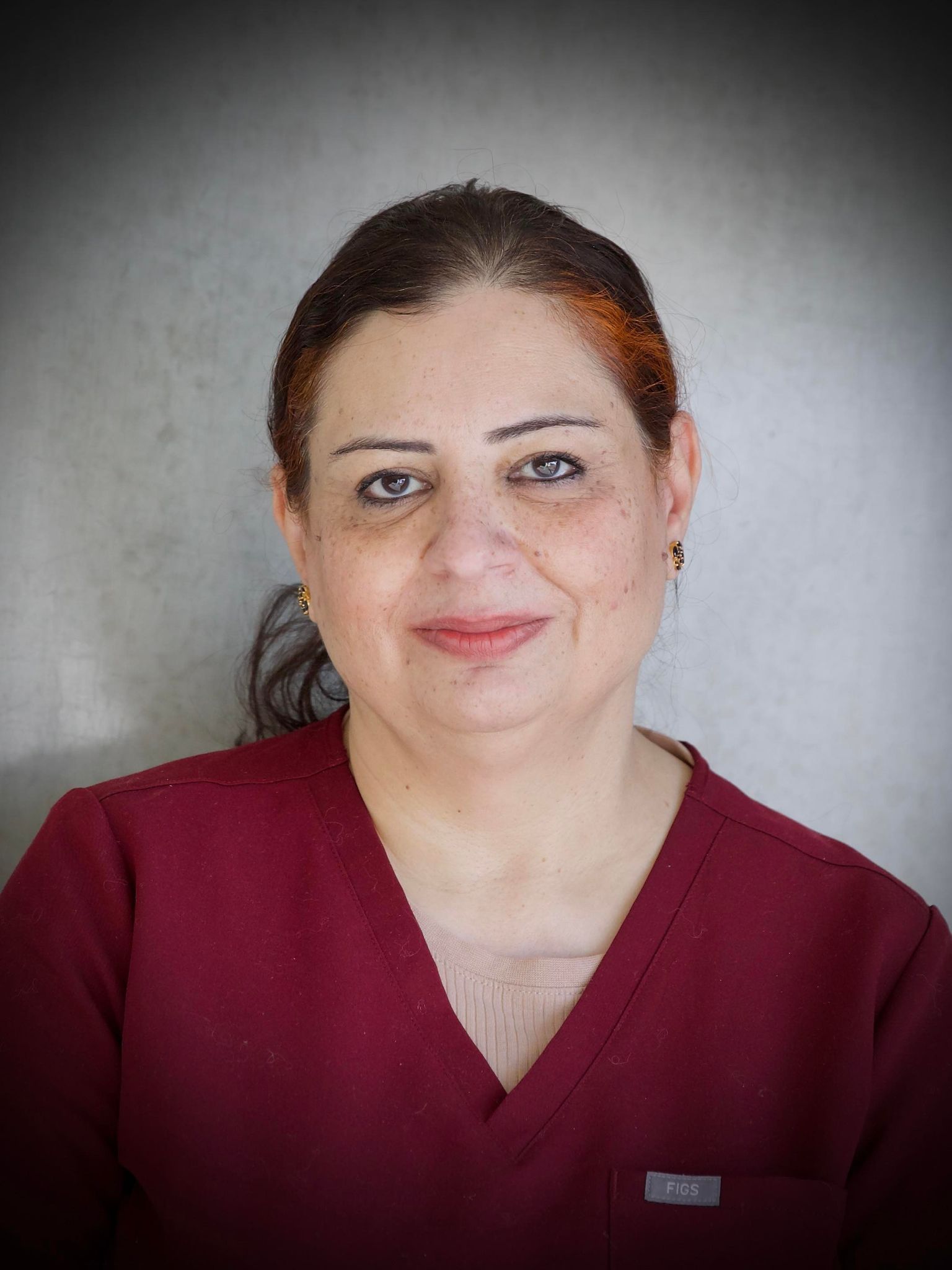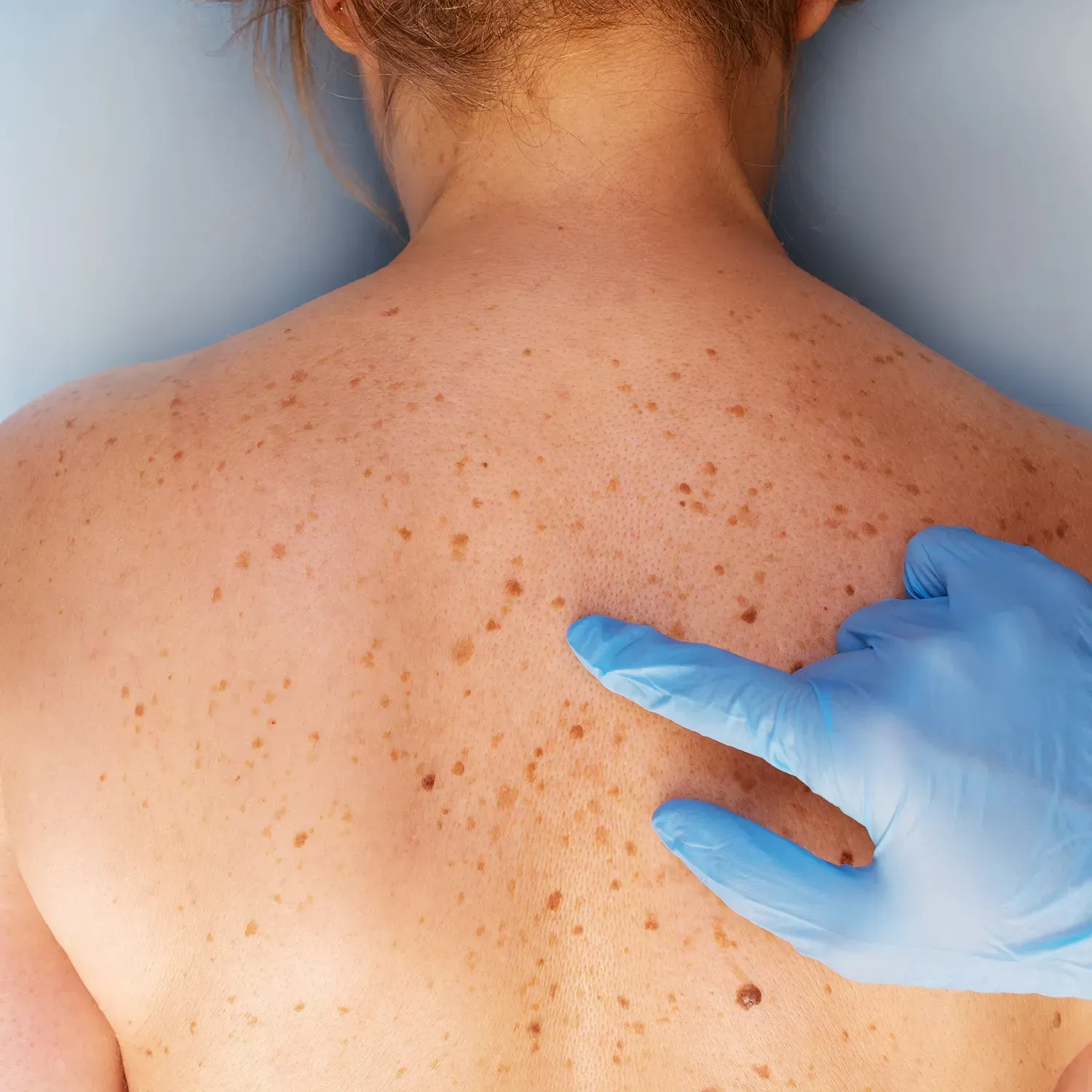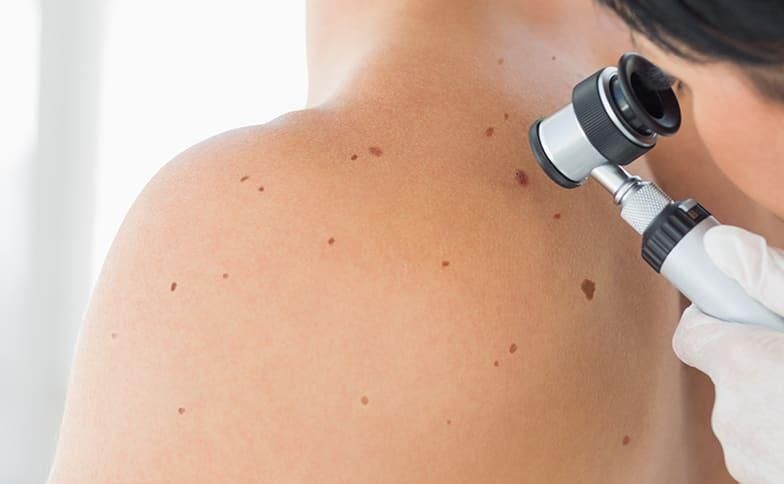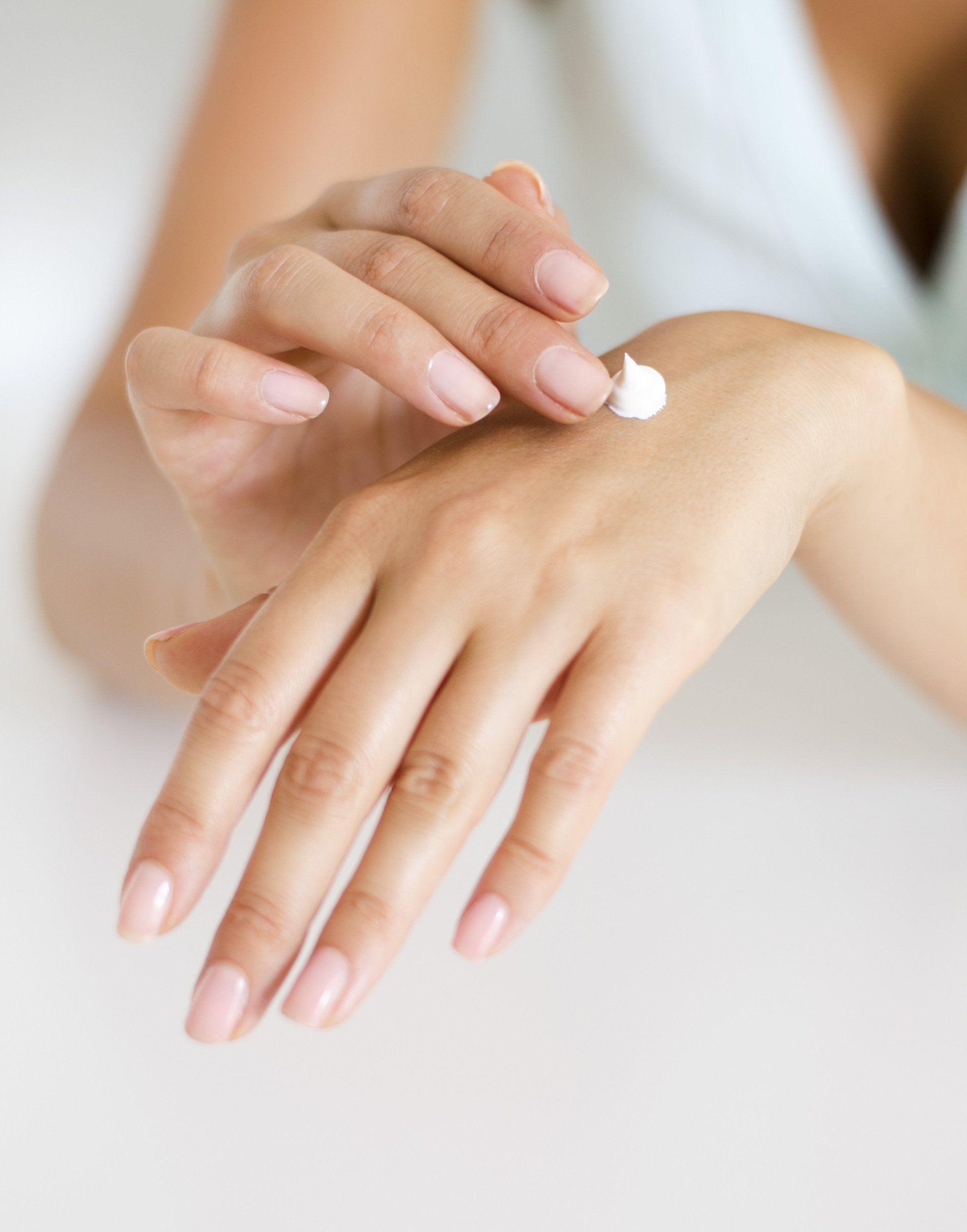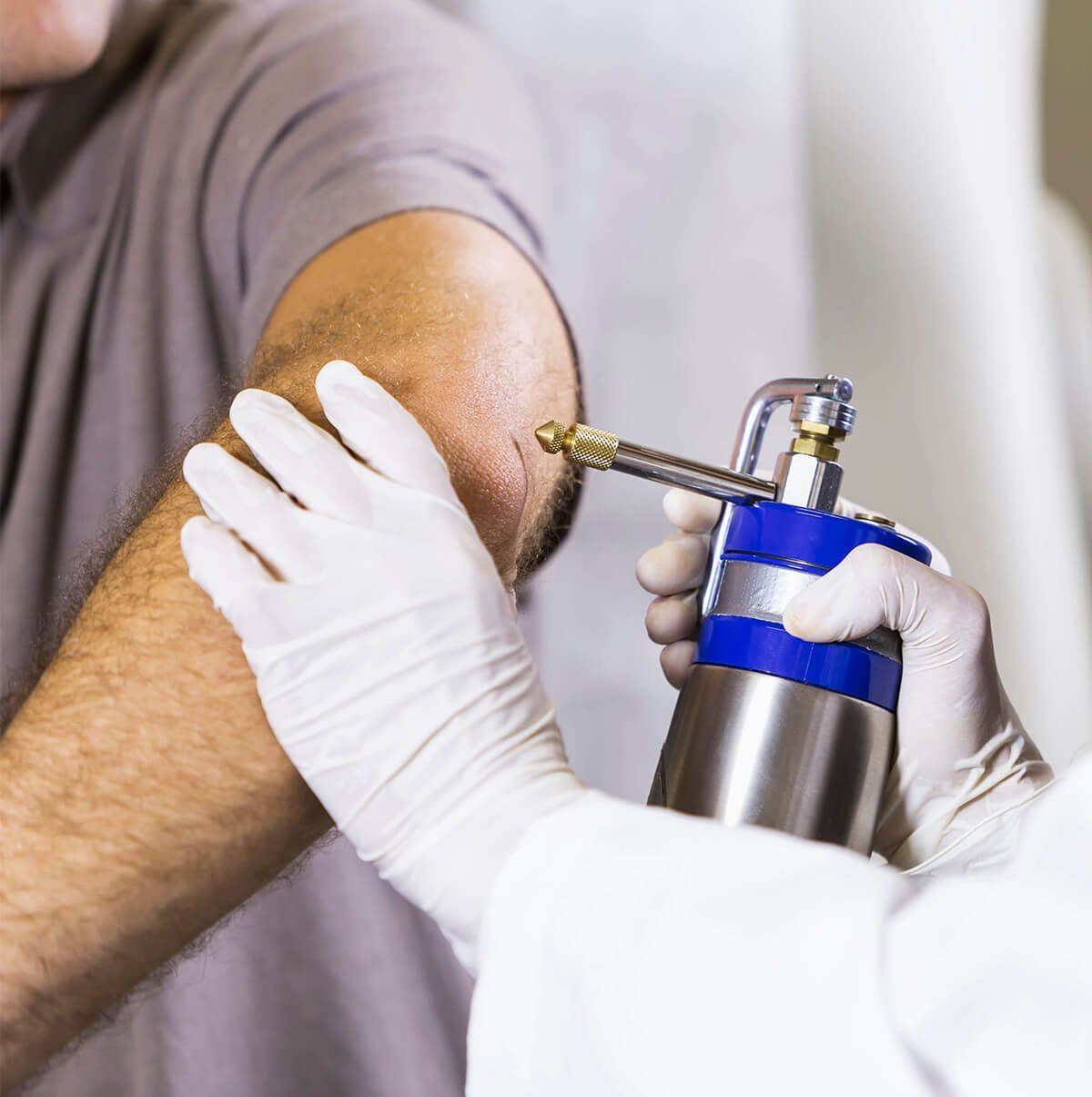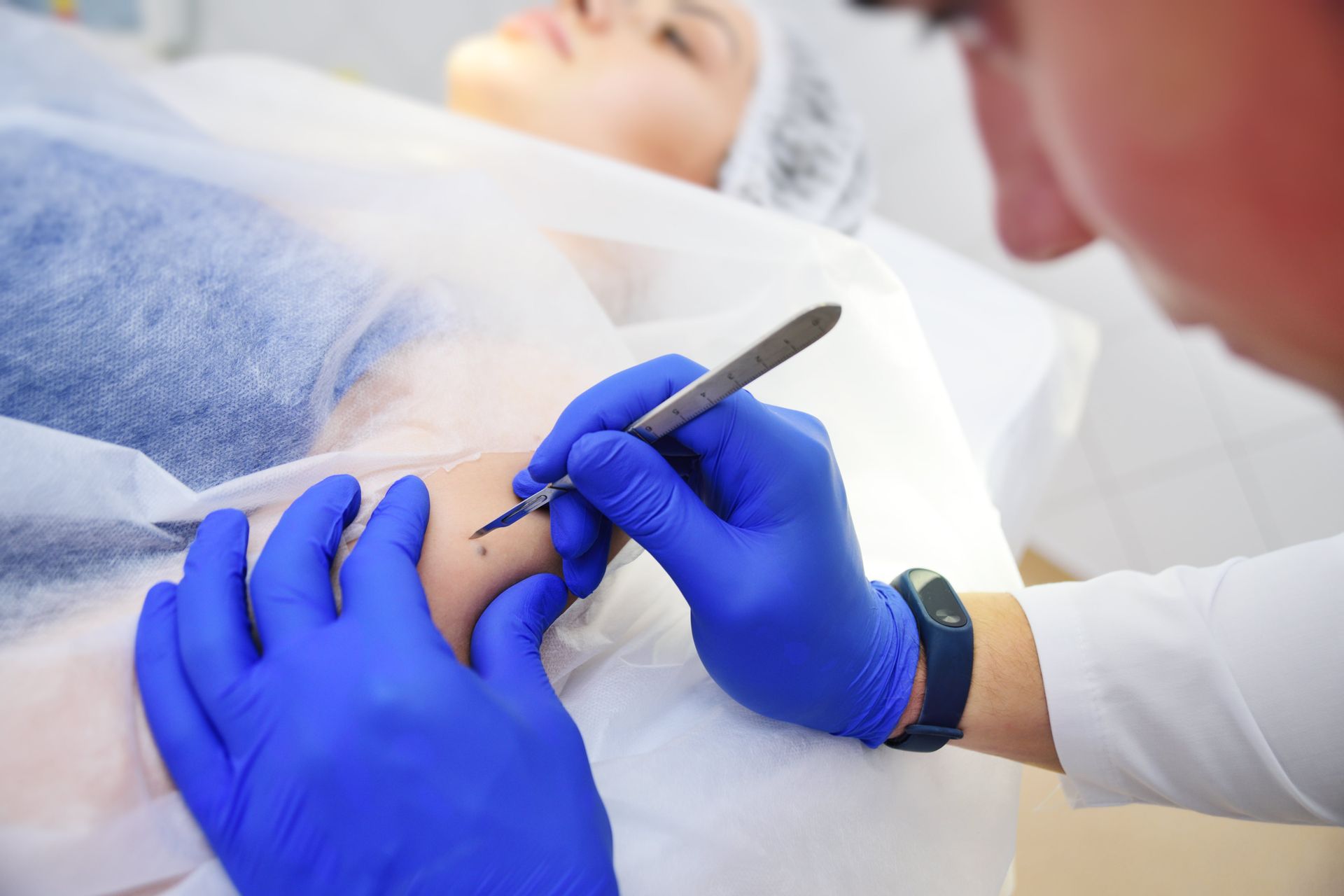Skin Cancer Checks & Treatment
Select from the team of skilled and trained skin cancer doctors
for expert care and thorough evaluations
Detect skin cancers including Melanoma with a full body Skin Cancer Check
Skin cancer doesn’t discriminate, affecting people both young and old.
Skin cancer is a type of cancer that begins in the skin cells. It is mainly caused by exposure to ultraviolet (UV) radiation from the sun or tanning beds. Skin cancer is the most common form of cancer globally, but it is also one of the most preventable and treatable types if detected early.
Regularly checking your moles is crucial for early detection of skin cancer. Moles are growths on the skin that develop when pigment cells (melanocytes) cluster together. While most moles are harmless, changes in size, shape, color, or the development of new moles can indicate potential skin issues. Early detection of skin cancer, through vigilant mole monitoring, allows for timely intervention and significantly improves the chances of successful treatment.
Conducting self-examinations and seeking professional skin checks, especially for individuals with a history of sun exposure or a family history of skin cancer, are vital preventive measures. Protecting your skin from excessive sun exposure, using sunscreen, and wearing protective clothing are also essential in reducing the risk of developing skin cancer. Regular check-ups and sun-safe practices contribute to maintaining healthy skin and minimizing the impact of skin cancer.
What to expect from a Skin Cancer check?
A skin check is an examination entire body – from head to toe using a handheld dreamscape.
Our specialised doctors can detect and check for any suspicious spots. The expected time to complete is skin check is 20-30 mins.
During a skin cancer check, the GP will use a handheld dermatoscope and closely examine your skin for any abnormalities, focusing on moles and lesions. The dermatoscope provides magnification and illumination for a detailed inspection. If any suspicious areas are identified, further evaluation or biopsy may be recommended.
For optimal visibility during the examination, kindly remove any makeup, fake tan, or nail polish, and ensure your skin is clean. If you have specific concerns about particular spots, feel free to mark them on your skin to ensure they receive thorough attention. This proactive approach ensures a comprehensive and accurate skin check, addressing any areas of concern with diligence.
The aim of our Skin Cancer screening tests is to find and examine all moles and freckles that may be cancerous, precancerous or otherwise likely to be a health risk. Early skin cancer detection typically makes for a much easier treatment outcome.
Skin Cancer Treatment Options
Fees
Skin cancer check is provided as a bulk-billed service for patients with a valid Medicare card.
| Skin Cancer Check | Upfront Cost |
|---|---|
| Patients with valid Medicare | Bulk Billed |
| Private patients | $114.90 |
Additionally, any procedures required after the initial skin check consultation will have associated fees. Your Doctor will provide you with a detailed explanation during your consultation.
Empower Your Skin Health
Prevention - Your Best Defense Against Skin Cancer
What can you do to prevent Skin Cancer?
01
Sun Protection
Slip - on clothing
Slop - on sunscreen
Slap - on a hat
Seek - Shelter or shade
Slide - on sunglasses
02
Regular Skin Checks
Perform regular self-examinations to monitor moles and other skin irregularities. Report any changes, such as size, shape, color, or itching, to a healthcare professional promptly.
03
Avoid Tanning Beds
Steer clear of artificial UV radiation sources, including tanning beds. The use of tanning beds increases the risk of developing skin cancer, especially in younger individuals.
04
Stay Informed
Educate yourself about skin cancer risks and preventive measures. Understand your skin type and family history to assess your individual risk. Schedule regular professional skin checks, especially if you have a history of sun exposure or skin cancer in your family.

